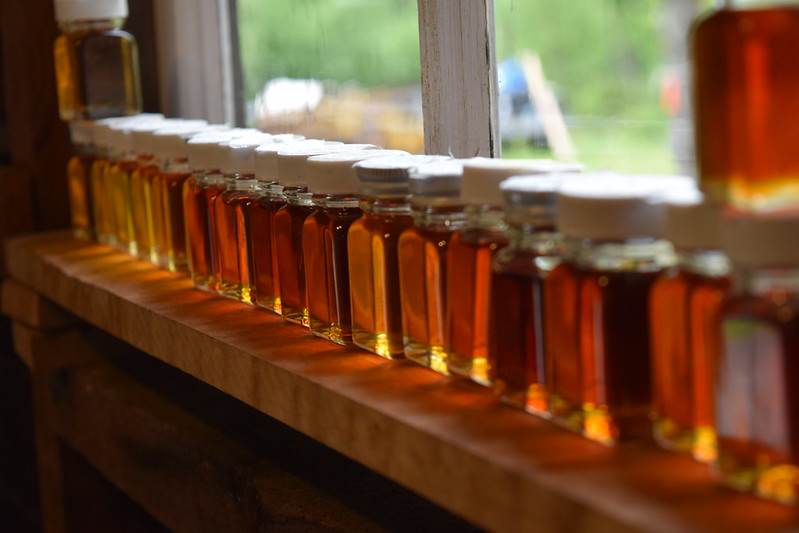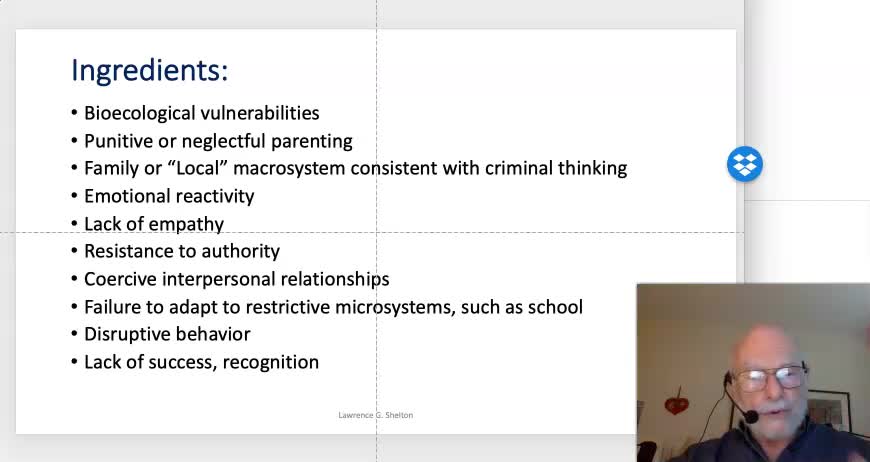Search Results
Results for: 'Earth and Environment Scholars'

Vermont laws governing the production and sale of pure maple syrup grant the authority to regulate to the Vermont Agency of Agriculture Food and Markets. The regulations that have been developed as a result of those laws cover everything from the ...

Late summer, while leaves are still green is a good time to assess the trees in your sugarbush. Weak or declining individuals will show areas of crown dieback. Trees with more than 75% dieback will likely not survive but are still competing for li...

Traditional Collection Methods
Traditional methods of sap collection have changed over time. Initially, Native Americans created gashes in the stem, and directed sap into wooden or bark vessels. Early spouts were created by hollowing out small twigs, which were inserted into ta...

Maple sap, what's in it? Maple sap is a dilute solution of mainly water (95-99%) and sugar (1-5%), along with trace amounts of other substances, including: organic acids, free amino acids, protein, minerals, and phenolic compounds. Sap coming dire...

Although bucket spouts are still available, most spouts used in the maple industry currently are plastic and designed to be used with vacuum. Spouts are constructed of food-grade nylon or polycarbonate and are smaller in size (5/16" diameter) than...

HDFS 161 Episode 18 Crime & Punishment
Professor Shelton Outlines a develecological understanding of crime and punishment. He describes the development of criminal behavior and thinking, the developmental and ecological ingredients that go into a criminal developmental trajectory, the...

Agritourism and Racial Justice in the US
This gathering is focused on the role of agritourism within the racial justice movement in the United States. Panelists from both urban and rural perspectives will discuss the potential for farm-based education and sales of local products to serve...